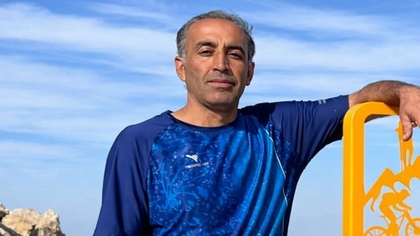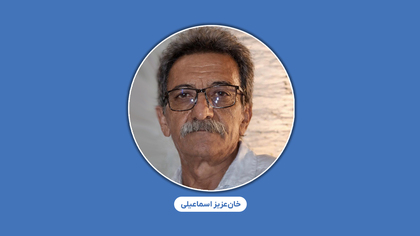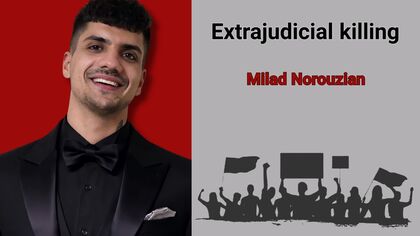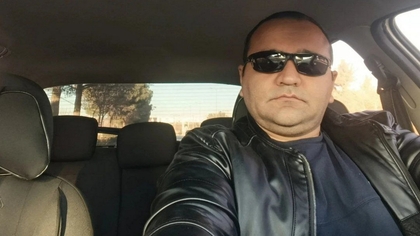Newroz Suppression in Salmas: Joint Effort by Security Forces and Government-Affiliated Local Figures Prevents Celebrations Under Pretext of Ramadan
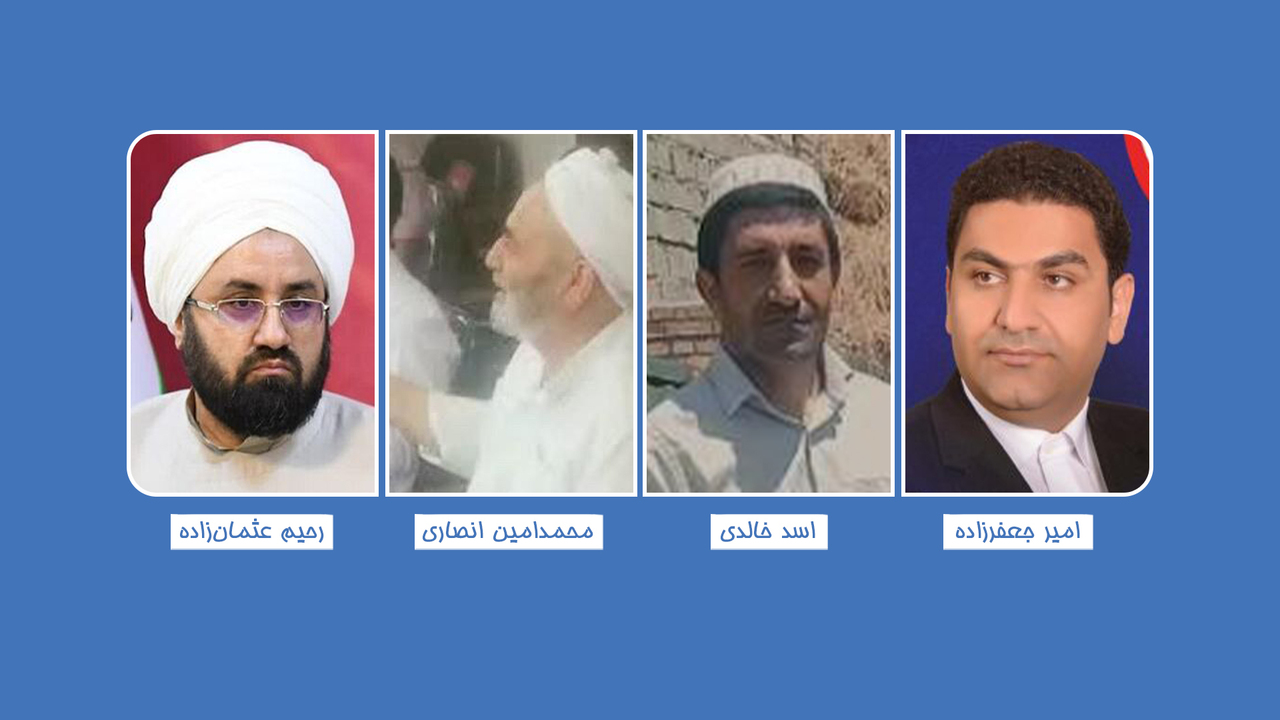
According to reports received by Kurdpa, during the final days of March 2025, cultural groups in Salmas had planned to hold Newroz celebrations. However, a coordinated effort by security agencies, along with certain government-affiliated Sunni clerics and a member of the Salmas City Council, resulted in a formal request to the Salmas Governor’s Office to block the events, citing the coincidence of Newroz with the holy month of Ramadan.
Following approval by the Governor’s Office, Newroz festivities were officially canceled and deferred to after Ramadan.
Background of the Suppression
A source told Kurdpa that local cultural organizations had intended to host a Newroz gathering at Nazrabad Dam in Salmas. However, intense opposition from security forces, including the IRGC and affiliated local actors, ultimately led to the ban.
In a scenario orchestrated around the religious calendar, clerics and political representatives—allegedly under the influence of security institutions—argued that holding celebrations during Ramadan and the Nights of Qadr would constitute a violation of religious sanctity. Their signed letter specifically requested that Newroz be observed after these holy days.
The Letter of Suppression
Kurdpa obtained a copy of the official letter submitted to the Salmas authorities, which includes 15 signatories:
• 12 Sunni clerics and religious students from villages and towns in Salmas
• A Kurdish member of the city council
• 2 additional figures: one reportedly involved in drug trafficking, and another described as a radical religious figure
• One individual signed only as “Yaqub” with no further identification
Signatories include:
• Rahim Othmanzadeh – Sunni Friday Prayer Leader, Salmas
• Amir Jafarzadeh – Kurdish member of Salmas City Council
• Asad Khaledi – Imam of Patevir Village, IRGC member
• Saeed Mohammadian – Imam of Tazeh Shahr
• Mohammad Amin Ansari – Imam of Haftavan, known for anti-protest views
• Abbas Youneszadeh – Imam of Lashgaran Village
• Mostafa Mostafazadeh – Imam of Chariq Village
• Mahmoud Ansari – Religious instructor, reportedly holds radical views on women
• Omid Youneszadeh – Imam of Chahar Yar Nabi Mosque
• Bahman Hajizadeh – Imam of Habanabad Village
• Davoud Shahbazi – Imam of Chariq Village
• Bahman Khalidzadeh – Imam of Hematabad Village
• Seyed Mehdi Hosseini – identified as a prominent drug trafficker in Salmas
• Mostafa Jahanfarzad – radical religious figure
• “Yaqub” – identity unknown
Broader Implications
The source emphasized that all signatories are Kurdish individuals aligned with the state. Salmas is home to both Kurdish and Turkic populations, and such opposition to Newroz celebrations has not been seen among the Turkic communities in nearby cities like Poldasht or Urmia.
This underscores a strategic pattern used by the Iranian government—namely, relying on local loyalist Kurds to enforce control and implement repressive measures. Instead of direct intervention, the state leverages trusted affiliates within the community to police cultural life.
Why Newroz Matters
Newroz is more than a holiday in Kurdistan. It represents cultural identity, social unity, and collective resistance. By shifting or suppressing the traditional timing (mid-March to early April), the state effectively diminishes its cultural significance.
The source added that the Islamic Republic views Newroz in Kurdistan with heightened sensitivity due to its association with Kurdish identity and past uprisings. As such, the celebration often becomes a target of surveillance, restrictions, and at times outright suppression.
